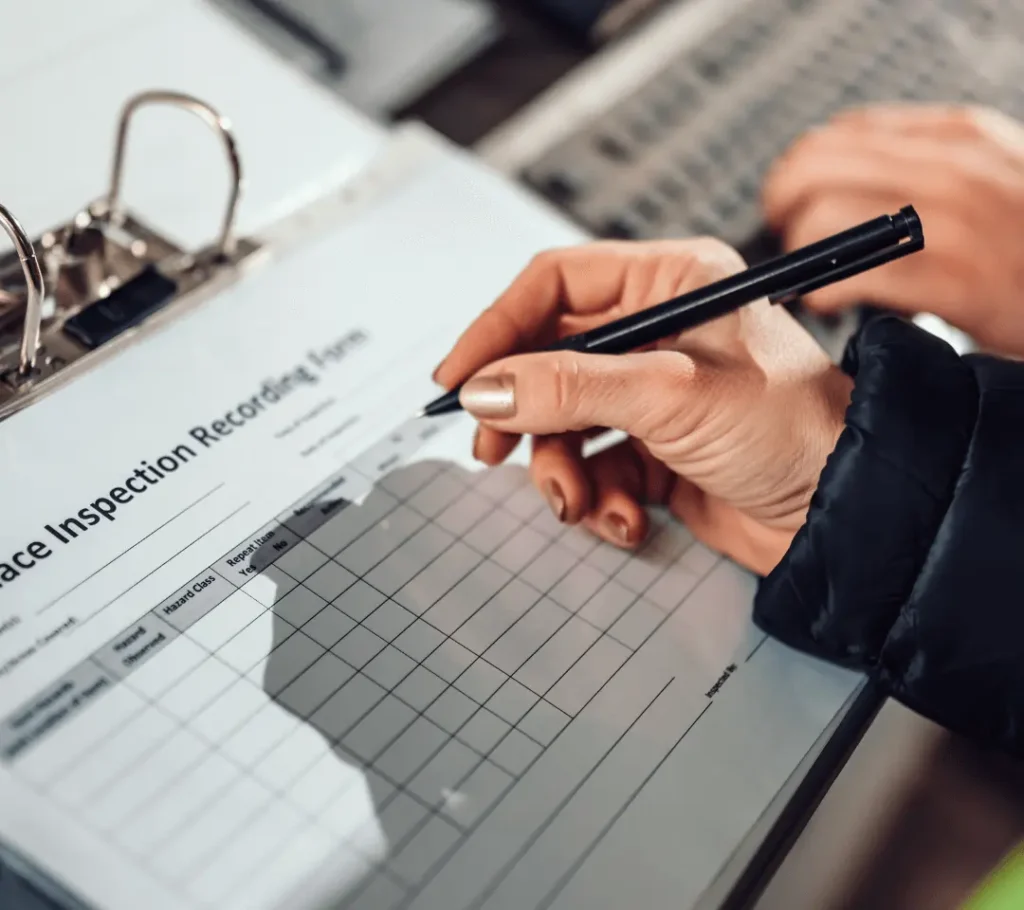While boating accidents may not be as common as road or air accidents, they are equally dangerous and may in most cases result in more severe injuries. Therefore, waterway enthusiasts must take extra precautions whether it be extreme water sports or something as innocent as simply going boating. That said, it never hurts to hire a Personal Injury Lawyer just in case. The following are a few examples of safety measures that waterway enthusiasts could follow for an enhanced and safe water experience.
Safety Measures for Waterway Enthusiasts

Keep Safety Equipment Handy
Better safe than sorry, right? It is crucial when you go boating that you keep a little safety gear handy. For instance, life jackets, wearable floatation devices, and fire extinguishers just to be on the safe side. As well as some audible sound and visual signaling devices.
Water and Weather Safety
It is important to perform proper checks to make sure that the weather, water, and the primary floating device, which in this case is our boat, are all safe to celebrate a day out into the wild waters and enjoy a successful boating trip.
Boat Maintenance
Perform proper safety checks on the boat that you are taking away from the shores to make sure that you are on the safe side. If in case, through no fault of your own, an injury were to occur, the safest bet would be to consult a nearby law firm and hire an injury lawyer to see if you can be compensated for the accident and/or any injuries likely caused due to it.
On the off chance that we have failed to convince you that boating safety is important, follows is a list of injuries that many have sustained over the years by being nonchalant about completing a safety checklist before they went off into the wild waters.
Fractures and Broken Bones
Yes, it is possible to get fractures and damaged bone tissues if your body hits the water too hard or at a time when it isn’t prepared to hit the waters, particularly if one were to fall into the water from a height. Not just fractures but various boaters, through carelessness, have sustained brain injuries ultimately resulting in long-term nerve damage. Let me tell you, the unchartered waters are not something to toy with.
Sprains and injuries
Now that we have already covered fractures, sprains and strains may not seem like a threat but trust me, they are no fun either. Muscle sprains can seriously restrict motor movements and interfere with one’s everyday functioning.
Now the injuries that waterway enthusiasts may be up against are no joke either, as they entail risks such as damage or injuries to the spinal cord, muscle spasms on top of slipping and falling, resulting in concussions more often than not, hypothermia in cases of freezing or really cold water, not to mention the ever-present threat of drowning or at the very least some unavoidable near drowning incidents posed by a lack of due diligence.
Our goal here was not to scare you out of daring to conquer unchartered waters at all but to instead warn and help you prepare for the dangers that may lie ahead. Again, In the case of any unanticipated accident or injuries otherwise caused, please do not hesitate to reach out and consult a legal authority. Who knows, in certain cases where the boaters may not be at fault at all, a lawyer might be able to help them get full compensation for the injuries sustained, given that someone else’s fault is proved by hard evidence. Such as, if a larger floating object bumped into the boat by accident and created a large enough impact on the boat to cause someone to experience a muscle spasm etc, in which case, a lawsuit could do wonders for a claimant, in terms of saving them the medical expenses.
On the other hand, no amount of money would ever be enough to compensate for the natural blessing of peak physiological health, therefore, we recommend that all waterway enthusiasts take every safety precaution possible for the sake of their health as well as that of others.
While boating may seem like a safe enough outdoor activity, which is it, when done right, it is important to take safety measures and have a complete checklist for the health and sanity of oneself and others.
Always carry a first aid medical kit with you on outdoor trips, alongside flashlights, life jackets, and other floatation equipment, etc. Make sure you have an anchor aboard; in case you need to hold your boat in place. Another important thing to carry would be a compass or better yet, a modern GPS device that continuously tracks your location and provides necessary guidance related to the direction in which you are headed.
In some cases, it might help to be able to tune in to a radio frequency in case you are headed on a long journey by boat. At the same time, having a tool kit on board might come in handy under those circumstances. But since not everyone heads out on a months-long journey by boat, let’s just stick to the basics and carry a torch or flashlights, a first aid kit, and some life jackets and we’ll be good to go.



